Sustainability as a Value Proposition? The Data Say Yes.
As consumers become more cognizant of how and where they’re spending their money, sustainability is increasingly at the forefront of their minds. All data points to a continued uptick in sustainable goods purchases with millennials leading the charge with an open willingness to pay more for sustainable products.
Sustainable Sales Data*:
- Sustainable goods sales have risen nearly 20% since 2014 with a compound annual growth rate of 3.5% and a push from millennials.
- Sales of products with sustainable attributes now make up 22% of total store sales. The market share moved up close to three percentage points from 2014 to 2017, and it could hit 25% by 2021.
- 48% of U.S. consumers said they are definitely or probably changing their consumption habits to reduce the impact on the environment.
- 80% of millennials said they would pay more for products with social responsibility claims.
Sarah Schmansky, vice-president, Fresh/H&W Growth & Strategy for Nielsen says,
The generational divide in sustainability is fueled by technology. We’ve found that sustainable shoppers in the U.S. are 67% more likely to be digitally engaged, which means they are used to having the products and knowledge they want right at their fingertips. With their devices playing a significant role in their purchase decisions, a simple and frictionless shopping experience between on and offline is critical.
How About Wine?
With that kind of exciting data, it begs the question, “what about sustainable wine?” Laura Booras, CEO of Riverbench Vineyard and Winery points out,
People are really into going to the farmers market, knowing their farmers, building meals out of sustainable foods, and other items from local purveyors. Wine is slower to make it to the table - that feels like a big missing piece to the puzzle.
The silver lining to this conundrum lies in effective messaging and full use of all available marketing outlets. An omnichannel approach meets the consumer at every touchpoint of their journey; online, in social media, and in brick and mortar. Use messaging that drives home why sustainability, your internal practices, and the value you bring to your community is important. This is something consumers need to hear. They need that value add to remind them why they’re rounding out that meal of locally grown foods with a sustainably produced wine. Laura Booras reminds us,
Not all wine is created equal and it’s important to remind people of that.
* According to Nielson
|
|

